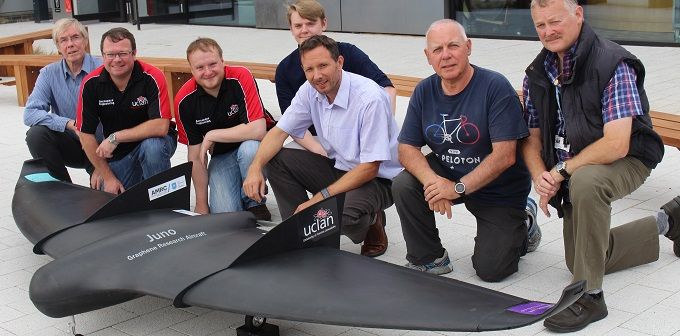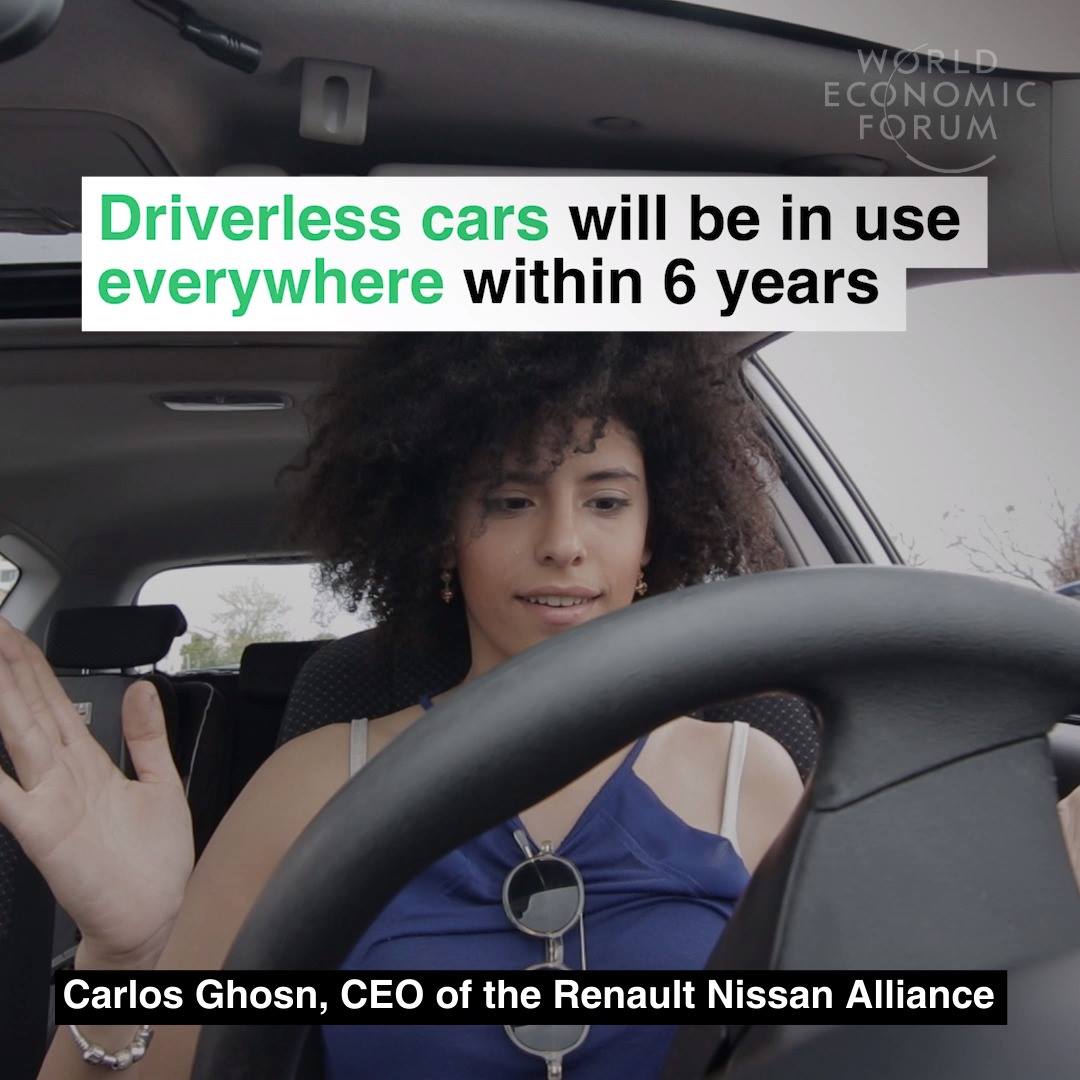WASHINGTON – U.S. Reps. Lamar Smith (R-Texas) and Eddie Bernice Johnson (D-Texas), who serve as the chairman and ranking member of the House Committee on Science, Space, and Technology, and U.Sens. John Thune (R-S.D.) and Bill Nelson (D-Fla.), who serve as the chairman and ranking member of the Senate Committee on Commerce, Science, and Transportation, today announced the introduction of House and Senate companions of the National Quantum Initiative Act. The legislation would accelerate and coordinate public and private quantum science research, standards, and workforce development to give the United States a competitive advantage as China and Europe vie to achieve technological breakthroughs in this field.
Chairman Smith: “The National Quantum Initiative Act will accelerate the development of quantum information science in the United States and secure our leadership in the quantum sector. As other nations are rapidly developing their own quantum programs, the U.S. faces the risk of falling behind. This legislation provides a path forward to ensure that the U.S. secures its influence in the next generation of science and technology. I am glad that Senator John Thune has joined me in introducing this legislation, along with our respective Ranking Democrat Committee Members Rep. Eddie Bernice Johnson and Senator Bill Nelson.
”The bill creates a 10-year federal program that will significantly develop our quantum knowledge. It will bring a whole of government approach to advance QIS to the next level of research and development, while also creating public-private partnerships, leveraging the resources and expertise of government, industry and academia. Through new research facilities and a strong workforce pipeline, students and researchers will have greater resources and opportunities to develop their quantum skills and create the next great computing innovation. There is no doubt quantum technology will revolutionize our world to come. This bill secures American leadership in quantum science and guarantees a first place finish in the great quantum race.”
Read more







